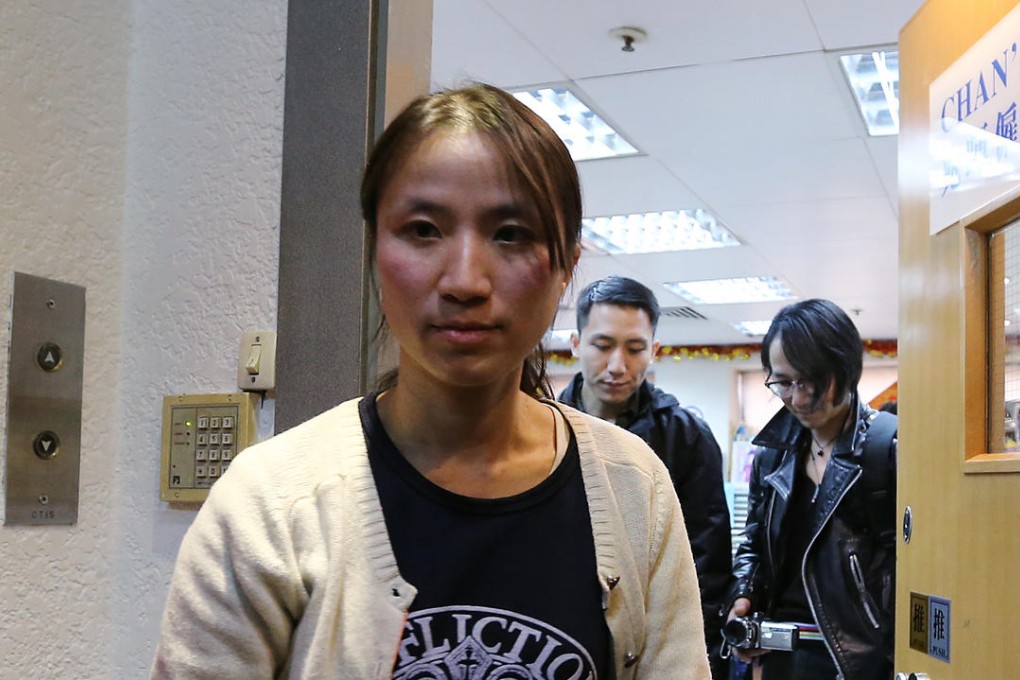Government makes maids' plight worse by failing to enforce rules
The crushed dreams of helpers like Maricel Angeles can be seen as a failure of the government to enforce policies that are sound, rectify ones that are flawed, or ensure that helpers' interests are protected and valued.

The crushed dreams of helpers like Maricel Angeles can be seen as a failure of the government to enforce policies that are sound, rectify ones that are flawed, or ensure that helpers' interests are protected and valued.
The problems start with a failure to curb exorbitant placement fees charged by recruiters, which often send the maids into a spiral of heavy debt.
Even though the Philippines banned placement fees in 2006 and Hong Kong and Indonesia set limits on the amount a recruitment agency can charge, many workers still have to pay "triple to quadruple" what is allowed by regulations, according to Cynthia Abdon-Tellez, general manager of the Hong Kong-based Mission for Migrant Workers, one of the oldest NGOs for the sector in Hong Kong.
Since 2008, Indonesia has only allowed agencies to charge training fees of up to HK$15,500 - equivalent to four to five months' salary.
Hong Kong's Employment Ordinance says the recruitment fee must not exceed 10 per cent of the worker's first month's pay. Yet recruiters, or their affiliated loan agencies, sometimes charged fees equivalent to 90 per cent of a maid's monthly pay, said Tellez, who holds seminars on Sundays with Hong Kong helpers victimised by aggressive and unlicensed loan sharks.
Tang Wing-fai, the director of the Christian Institute NGO, which works with a pro-helpers alliance called Open Door, said he had encountered dishonest recruitment firms that confiscated their workers' passports.
